Myths and Facts About Snoring

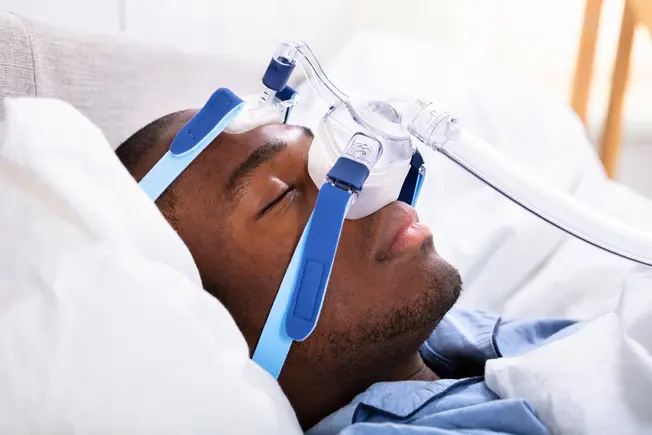
If You Snore, You Have Sleep Apnea
Myth. Up to half of adults snore regularly, but only about 12% have obstructive sleep apnea. The big difference between the two is that if you have apnea, you stop breathing over and over through the night, sometimes hundreds of times. Things like nasal congestion or the shape of your mouth and throat can cause run-of-the-mill snoring. Apnea is much more serious -- it's linked to health problems like heart disease, and it needs a doctor’s treatment.

Older People Snore More
Fact. People of any age, even kids, can snore. But as you get older, your throat muscles and tongue relax even more while you’re sleeping. That makes them vibrate as you breathe -- and that’s what causes snoring.
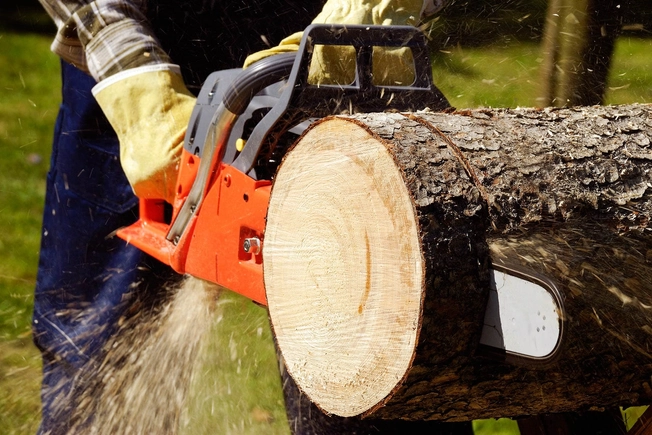
Snoring Means You’re Deep Asleep
Myth. On TV, a character who is fast asleep is often sawing logs (usually for comedic effect). But in reality, if you snore, you may be dealing with obstructive sleep apnea. This condition wakes you up and disrupts your sleep cycles, which keeps you from getting truly restful sleep. As a result, people with apnea are more likely to have insomnia, too.
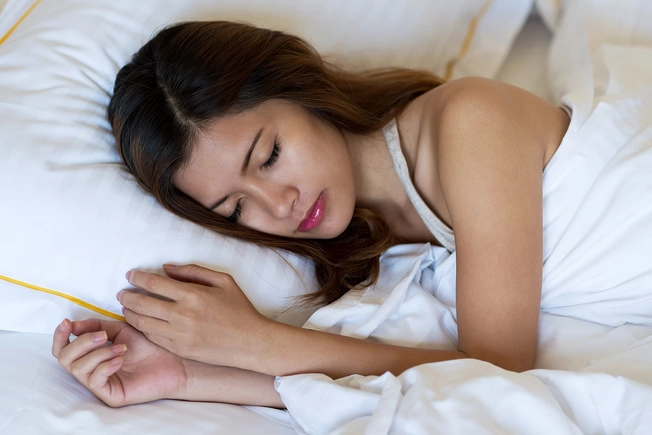
Side Sleepers Snore Less
Fact. Snoring is usually worst when you sleep on your back, because gravity pulls at your throat, which makes your airway narrower. Switching your sleep position won’t magically cure you of snoring, but it may help.
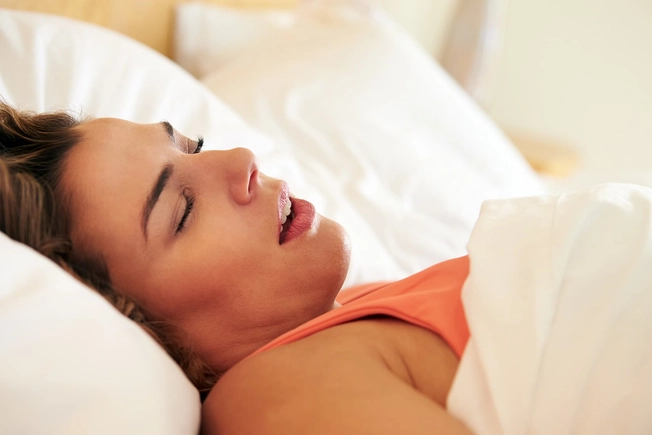
Women Rarely Snore
Myth. While it’s true that men are more likely to snore and have sleep apnea, this doesn’t mean that women don’t snore. About one in four women snore at least a few times a week. Being pregnant and going through menopause can make it worse.

Snoring Can Mess With Your Mood
Fact. If you have obstructive sleep apnea, you could have trouble concentrating, memory problems, crankiness, and depression. Snoring affects the moods of children, too: One study found that preschoolers who snore are more likely to be anxious and emotionally reactive.
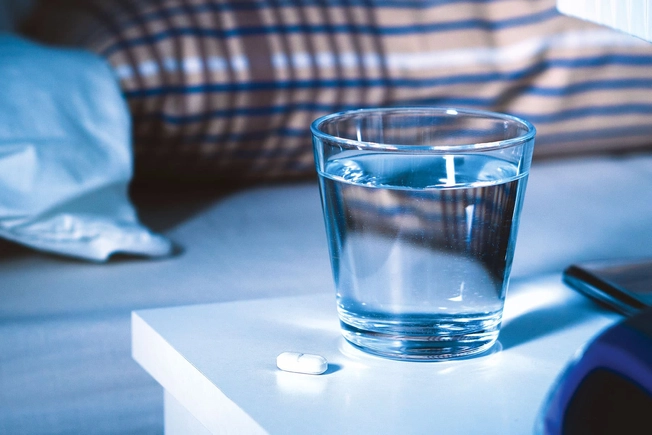
Sleeping Pills Can Help
Myth. If you’re struggling to fall or stay asleep, you may wonder if a sleep aid could help. But many sleeping pills -- and over-the-counter drugs with “PM” in the name --relax your muscles, making snoring worse.
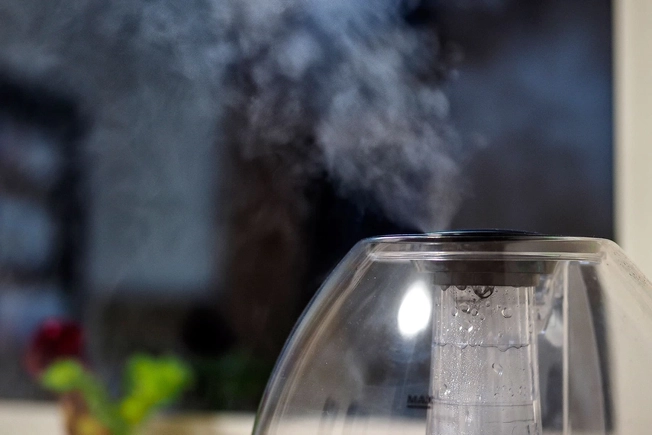
You Could Be A Little Dehydrated
Fact. If you don’t drink enough water, your nasal passages and mouth can dry out, making snoring more likely. Be sure to get enough liquids during the day. Using a humidifier in your bedroom can also help, possibly by easing congestion.
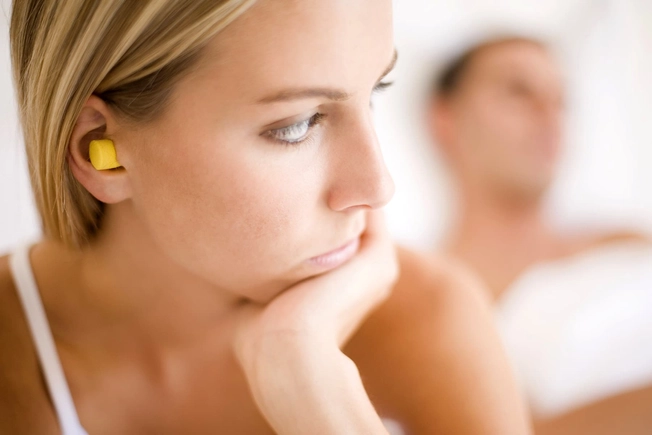
Your Snoring Only Affects You
Myth. If you snore and share a bed, you’re probably keeping your partner up. One study found that partners of snorers woke up a whopping 21 times every hour. Another study found that sleeping with a snorer can raise your blood pressure. It also affects a couple’s sex life and overall marital satisfaction.
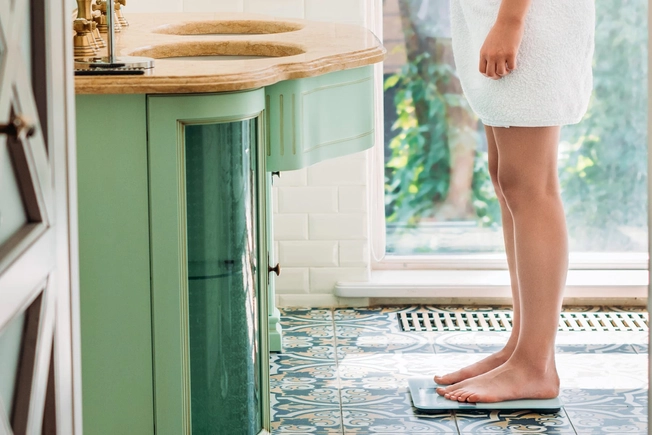
Losing Weight Will Help
Fact. For some people, extra weight means extra tissue, which can lead to snoring. And there’s evidence that overweight people who slim down snore less. But it’s worth noting that people who aren’t overweight snore, too. So ask your doctor if weight loss is something you should try to stop snoring.

A Nightcap Will Help
Myth. It’s true that alcohol makes you fall asleep quickly, but you’ll wake up more often during the second half of the night. Also, alcohol relaxes your throat muscles, which blocks your airway and makes snoring more likely.